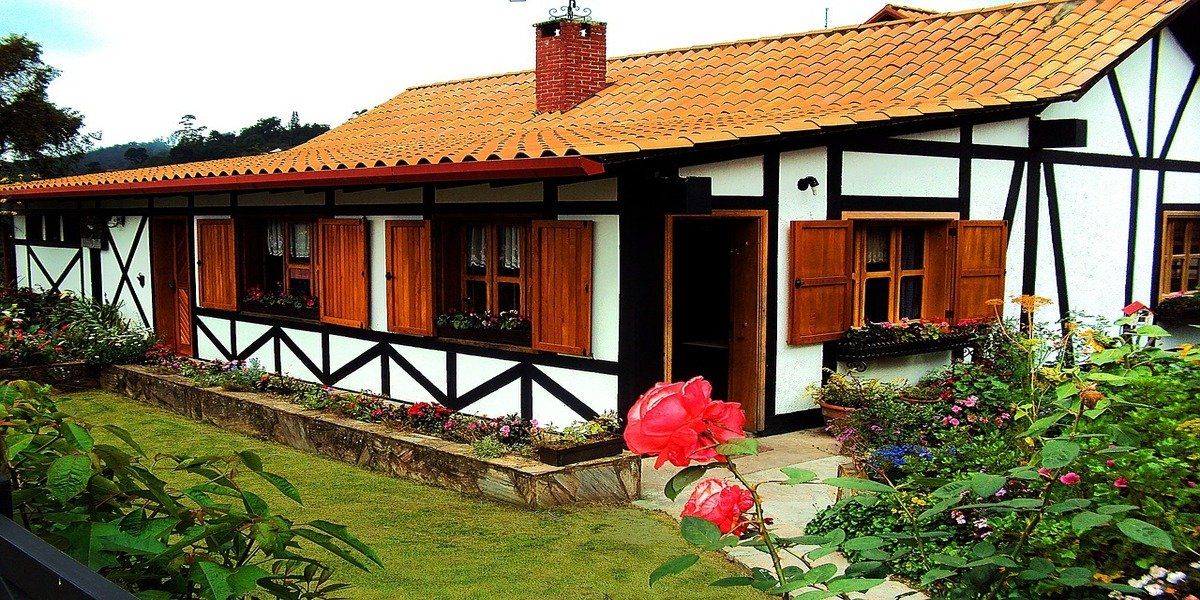
The German Schrebergarten Tradition
The German Schrebergarten Tradition
Written by Sam Sjoberg
Since the Industrial Revolution, our jobs have moved from the woods to the wood in our desks but we still participate in low-tech activities such as hiking. The Germans are no different.
While Germany celebrates its pristine mountains, forests, and rivers, the nation also has a smaller, but very German tradition which allows its people to leave the comforts and challenges of the twenty-first century. The tradition is known as a Schrebergarten or allotment garden.
The name comes from the developer of Schrebergärten, Doctor Daniel Gottlob Moritz Schreber. These allotment gardens began in 1864 as play areas for children in undesirable parts of cities. Poor families then began to use the areas for growing fruits and vegetables for their own consumption. The gardens were spread out in German cities but took up little space with their modest living quarters consisting of a cozy little hut, allowing them to thrive in busy cities. Residents grew vegetables, potatoes and fruit, allowing them to supplement their bland diets with vitamin-rich foods, and the little parcels of land also gave people access to fresh air and outdoor activities.
The Schebergarten’s existence was especially needed in the closing years of World War II and after. When the Nazi war machine became increasingly desperate towards the end of the war and food supplies were running low, Schrebergärten kept the residents of cities fed. Then, the years immediately following the end of World War II witnessed harsher than usual winters in Germany and more specifically, in Berlin. Since many farms had been destroyed or the farmers had been away at the front during the war, these little gardens in the cities kept the people fed with carrots, cabbage, and other produce. Without them, the demands for food would have been too great for the recovering agriculture of Germany to support.
Today, the gardens play a less dramatic role. A Schrebergarten is seen as a place for socializing and relaxation. However, relaxation takes precedence, and there are strict laws on playing loud music and when, as well as restrictions on when one can grill. As the gardens are public land, there are requirements as to what one can farm there, but dedicated gardeners still take pride in their flowers and produce. Despite seemingly tough laws, allotment gardens provide German citizens an escape from city life while still in the city. The little huts and cabins are ideal for spending a spring or summer weekend, but early autumn will also see a flurry of activities from caretakers getting their gardens and plants ready for winter.
In our industrialized world, we have luxuries our ancestors could never have imaged but we still are fascinated by the simpler times. The typical German traditions of Schrebergärten allow Germans to experience the low-tech life, and gain the benefits and joy from being outdoors, gardening, and eating fresh produce.
